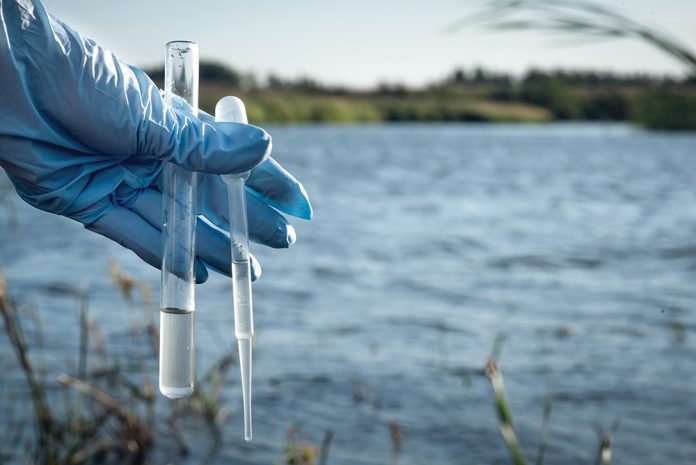Lila Thompson, CEO of British Water, examines how water companies can demonstrate they are up to the task of measuring, monitoring and tackling this critical issue.
Micropollutants pose a huge challenge for operators in both drinking water and wastewater. Made up of a myriad of natural and synthetic organic compounds, these substances include plastics, pharmaceuticals and personal care products, industrial chemicals such as polyfluoroalkyl substances (PFAS), cleaning detergents, steroid hormones and pesticides.
As governments, pressure groups and consumers grow increasingly aware of the environmental and health impacts of micropollutants entering our water sources and drinking water – the pressure is on for the water sector to respond quickly and robustly. A report published by the UK Parliament’s Environmental Audit Committee in January 2022 uncovered “multiple failures” in the monitoring, governance and enforcement of water quality.
Philip Dunne MP, chair of the EAC, said, “To deliver real change and improve the state of our rivers, a wide range of stakeholders must come together including the Government, regulators and water companies. The Environment Act signalled the first welcome sign of political will to tackle this issue.”
So how can water companies demonstrate they are up to the task of measuring, monitoring and ultimately tackling this issue?
Those working across the water industry and supply chain understand the urgent challenge of tackling micropollutants, and it is heartening to note there is already an upswing in collaboration, underpinned by robust research, to combat this issue.
British Water is committed to playing its part and in 2020, a collaborative technical focus group was set up to find new ways to reduce levels of micropollutants in wastewater. The group, which comprises British Water members, is working to develop solutions to treat these emerging pollutants and sharing our findings on new developments with the rest of the industry.
The consensus among those working on this issue is that the solutions for the removal of micropollutants lies in using drawing together expertise and experience from both the water sector, supply chain and key stakeholders such as government bodies, while using combinations of existing technologies alongside innovative research and development.
To that end, British Water is working with stakeholders across the water sector to highlight technological advancements and promote this collaboration, specifically at the supply chain level, with the view to stimulate research and development.
In March 2022, British Water is hosting a conference on micropollutants in water and wastewater which will delve into three key areas:
Installations for the removal of micropollutants from water and wastewater
Concerning trends of micropollutants in the environment
Effective multi-stakeholder interventions
Longer term, the sector must be prepared for the fact that tackling micropollutants will require higher investment and operational expenditure. By placing this issue at the top of their agendas now, water companies can better anticipate the likely upcoming regulations – allowing for greater preparedness in AMP8 – the regulatory asset management period 2025-2030 for water companies in England and Wales.
However, it is important to stress that tackling micropollutants is not solely the responsibility of the water sector, and it is imperative there is a holistic approach, including making producers responsible for the whole lifecycle of products they make, meaning some contaminants would never enter the water system at all.
What is clear is that there is no quick fix to this issue, but the acute spotlight it is under gives new impetus. The sector must seize the moment, showing itself ready and willing to work closely with the supply chain, business and government to develop and implement new solutions rapidly and at scale.
To find out more about British Water’s micropollutants focus group please visit: britishwater.co.uk/page/TechnicalForum





